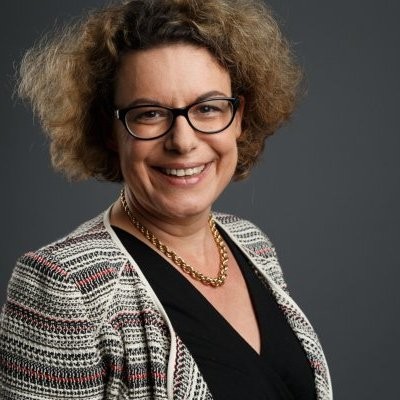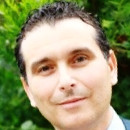
03:26
La honte est une expérience émotionnelle qui survient lorsque vous ne répondez pas aux attentes des autres et que vous vous retrouvez avec une image négative de vous-même qui vous fait percevoir que vous paraissez inférieur ou faible aux yeux des autres. La honte ne survient pas uniquement lorsque nous faisons une action devant les autres, mais elle peut également survenir lorsqu'une personne de notre groupe agit d’une façon qui donne une mauvaise image de nous-même. La honte peut survenir pour des actions individuelles ou collectives.
GONZÁLEZ-GÓMEZ Hélena - NEOMA Business School |
- Management Dictionary
- Human Resources Management







